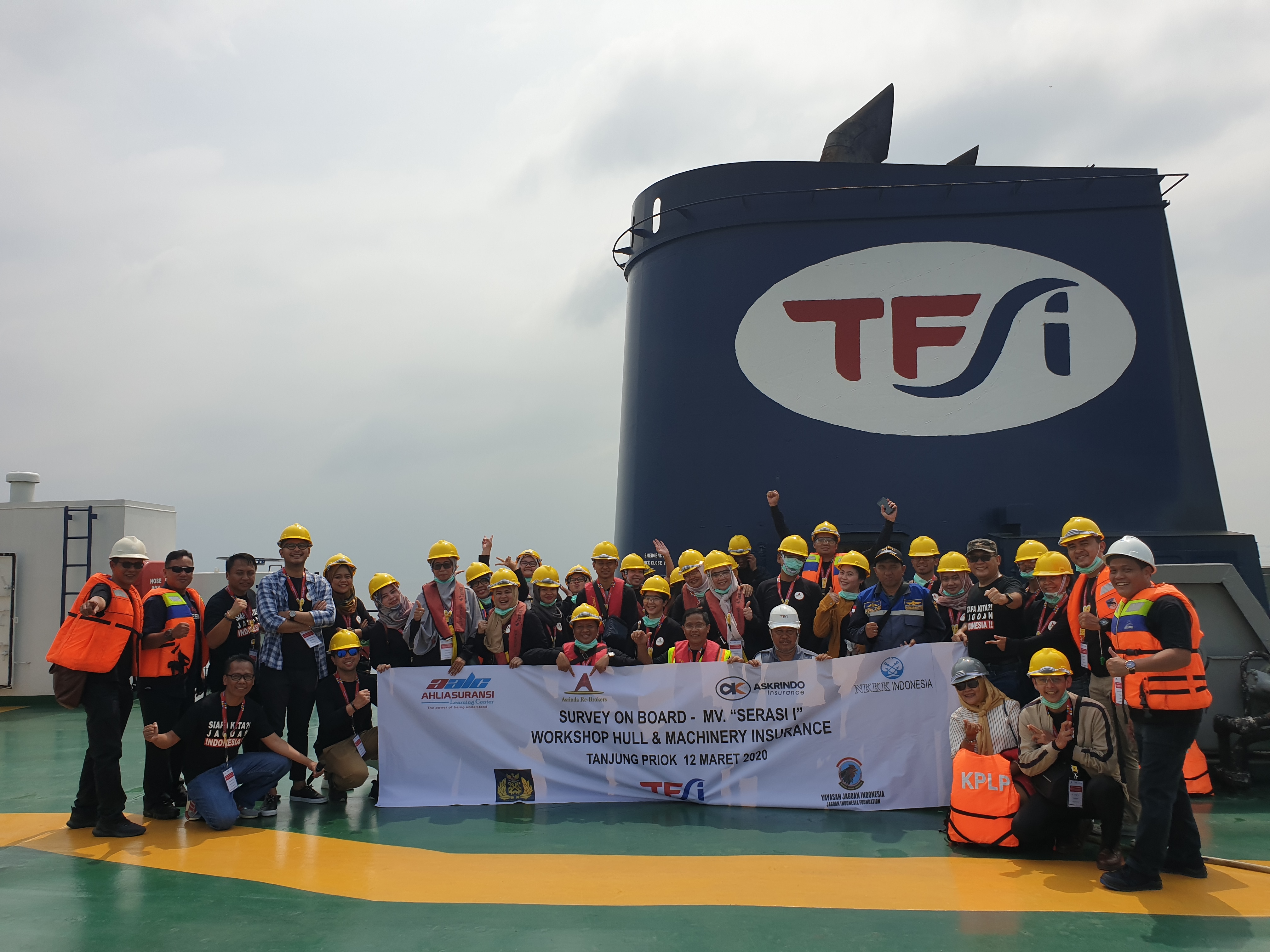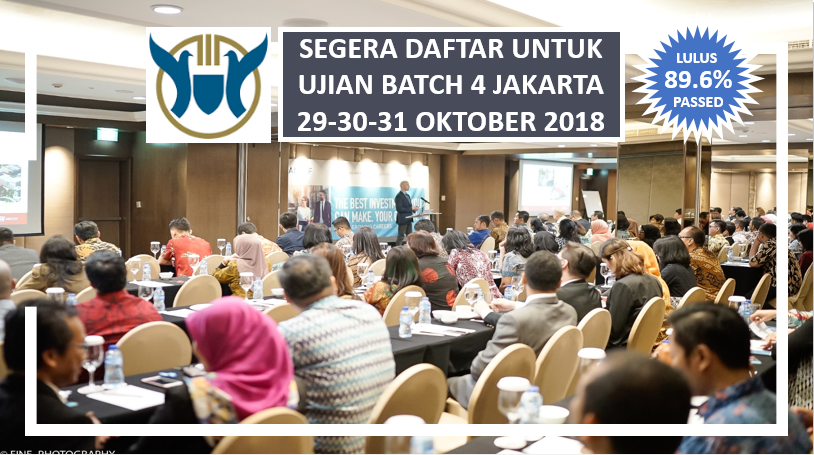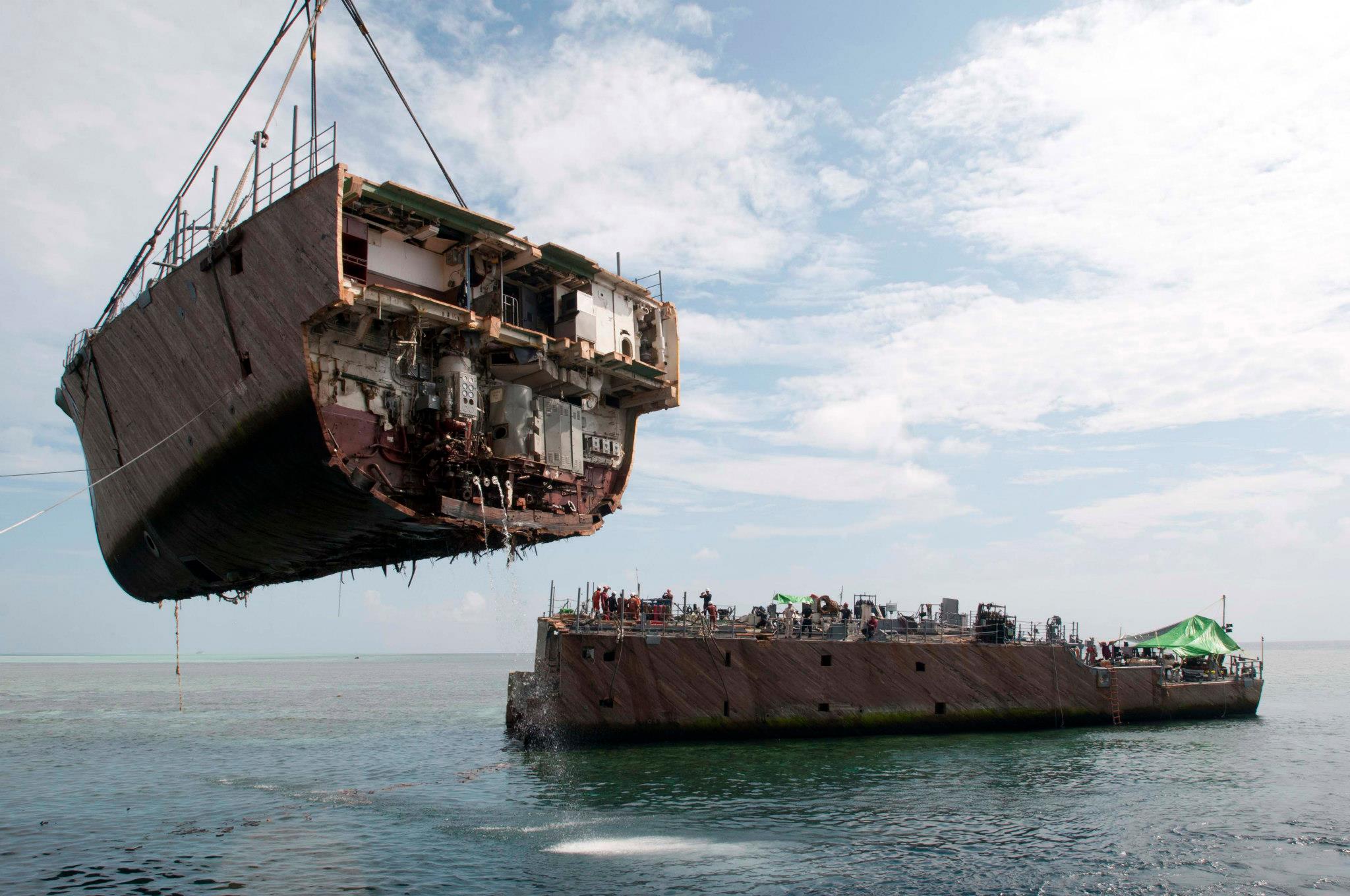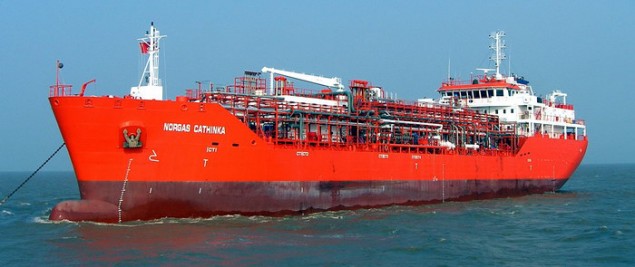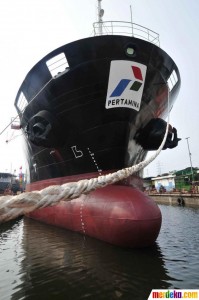Piracy update – EU Council Regulation 356/2010
- Tuesday, May 18, 2010, 23:40
- Insurance News
- Add a comment
Further to our update below, we are aware that the EU Council regulation no 356/2010 entered into force on the 28th April. It adopts similar provisions to the US Executive Order prohibiting payments to certain parties linked with Somalia and is directly applicable, in other words it will apply in EU states without the need for any national implementation.
A copy of the UK Treasury notice can be found here-
http://www.hm-treasury.gov.uk/d/council_regulation_eu_356_260410.pdf
We believe that the impact of this legislation will mean that the practical effects on the shipping industry we list below will have even wider effect.
There is a provision for obtaining a licence or exemption to make certain payments, although there are restrictions of course on the purpose of any payment being made, which mean that careful consideration will need to be given on a case by case basis..
What impact will the new US Executive Order have on piracy in Somalia?
In spite of attempts to control piracy off Somalia, it continues to be a major issue for shipowners and insurers of ships and cargoes, with the risk to the life of the crew and costs of release and delay running into millions of dollars.
Although some international measures have been taken to try to control this phenomenon, as some underwriters will already be aware, an Executive Order covering payments to certain Somali individuals and organisations was issued on the 13th April 2010 by President Obama.
The Order will have a direct effect on US entities but potentially will also in practice affect ship and cargo interests in other jurisdictions when they are involved in a piracy case which also has a US entity as a party.
The comments on the Order below are our own views but of course they are no substitute for careful formal consideration of any steps that need to be taken by affected underwriters (of which more below) to comply with the Order. We also provide our own views on the current and future effect of this Order on the piracy problem in Somalia.
The Order is in response to the on-going turmoil within and off the coast of Somalia, and it specifies activities (including but not limited to piracy) that threaten the security of Somalia. Please note that the Order is still very new and is still being considered. A full copy is available on the following link-
http://www.whitehouse.gov/the-press-office/executive-order-concerning-somalia
As a result of this Order, there is a prohibition on dealing with the organisation Al Shabaab and eleven individuals that are named in the Annex to the Order. The US Secretary of the Treasury in consultation with the Secretary of State has the power to add to the list of prohibited persons and it seems reasonable to assume that as further information is obtained more names will be added in the future.
Although we understand that there is no express prohibition of payment of ransoms in the Order, it is likely in our view ransoms will be dealt with in the same way as any other payments. Therefore they will be caught by the wider prohibitions within the order on making any contribution or provision of funds to, or for the benefit of any person whose property is blocked pursuant to the Order if the recipient or beneficiary is known to be (or is likely to be) one of the prohibited parties.
Clearly, in the context of hijackings of vessels this is a problematic issue because the very nature of the act means it is very difficult to know who will receive the funds. We expect that a US shipowner or other US party caught up in such a situation will have to consult with the US authorities to get approval to make a ransom payment. In turn it seems likely to us that the beneficiary of such a payment is likely to be added to the list of prohibited parties which will presumably block any future payment to them.
We also understand that there is a significant risk that payments made one or more steps removed from the ransom itself may also be caught. This could possibly include, for example, cargo contributions in GA where the underlying ransom payment was made by shipowners to a prohibited party, reimbursement by H&M underwriters of a ransom paid by shipowners, or conceivably reinsurance payments.
We understand that the Order would apply to cases which are secured but not yet settled, since even though guarantees are issued the payment would not have been made yet.
We understand that the Order applies to US companies (including overseas branches) and individuals. The order does not state that it applies to non-US organisations that have a US presence, and we understand that those organisations may not be subject to the Order, although individuals based in the US working for those organisations will be subject to the Order.
Practical effect on hijacks
As to the impact on the ground, the pirates are relatively sophisticated and no doubt will learn quickly that getting a ransom from a US entity is more difficult, as the US Order restricts payments and requires any shipowner caught by the Order to investigate to ensure that there is no prohibition on payment. Logically speaking, therefore, it seems possible that the pirates would become more likely in time to want to avoid a US flag ship or a ship with overt US connections.
However avoiding a ship with US connections is going to be difficult in practice. Although pirates will evidently be able to recognise a ship flying the US flag, with the widespread use of flags of convenience a US flag ship is a relatively uncommon thing and it is quite probable that ships controlled by US interests will continue to be taken by the pirates. If such a ship is taken by pirates who appear on the prohibited persons list, we believe a ransom could not be paid by US shipowners and the usual method of releasing the ship will not be possible.
Furthermore, even if the ship is not US controlled, the pirates will not know the identity of the H&M underwriters, cargo owners and underwriters, and therefore will be unable to determine whether these parties are going to be able to contribute to the ransom and associated expenses in GA. Any difficulty in that regard may make the shipowners more reluctant to pay the high ransoms being currently demanded if contribution from cargo is barred by reason of illegality.
In addition to this, disputes will arise because of conflict of laws between the US Order and the law covering any disputes under the contract of carriage. In short, the payment may be illegal under US law but legal under the law covering the disputes under the contract of carriage.
In such a circumstance it is difficult to see how the shipowner can release the ship, cargo and crew by payment of ransom, and it seems to us that the only alternatives available will be either sitting tight in the (probably forlorn) hope that the pirates will give in and release the ship in any case, or the use of force, which will probably involve casualties since the crew are usually confined in a small area of the ship. Indeed, we can see that for some shipowners the use of armed crew members to try to prevent capture may well rise if the option of paying a ransom is lost. We also wonder whether it is implicit that the US forces will assist shipowners prevented from paying ransoms by the Order. In practical terms this may depend on the nationality of the crew.
If the shipowners decide to sit tight and hope the pirates will release the ship, perhaps because the shipowners have no other option, we can also see an extended duration of capture for vessels caught in this predicament without ransom payments. This could go on for a very long time since the pirates do not seem to lack patience and we expect they would be prepared to wait for ages to see whether a ransom can in fact be paid, or whether any suggestion of illegality is simply a negotiating ploy. The pirates are already prepared to wait for a long time even when a ransom payment is not illegal. For example, as far as we are aware currently the longest capture of a large merchant ship was the ARIANA (in which we represented the complete cargo) which lasted for more than seven months before a ransom was paid, and the STOLT STRENGTH (on which we also represent the complete cargo) lasted nearly six months.
We stress again that this bulletin is not a substitute for careful consideration of any steps to comply that need to be taken in specific cases.
We will keep you informed of new developments on this subject and we hope the above comments are of interest.
Best regards
Jai Sharma
Director
Casualty & GA Department
Dolphin Maritime & Aviation Services Ltd
About the Author
Write a Comment
Gravatars are small images that can show your personality. You can get your gravatar for free today!

